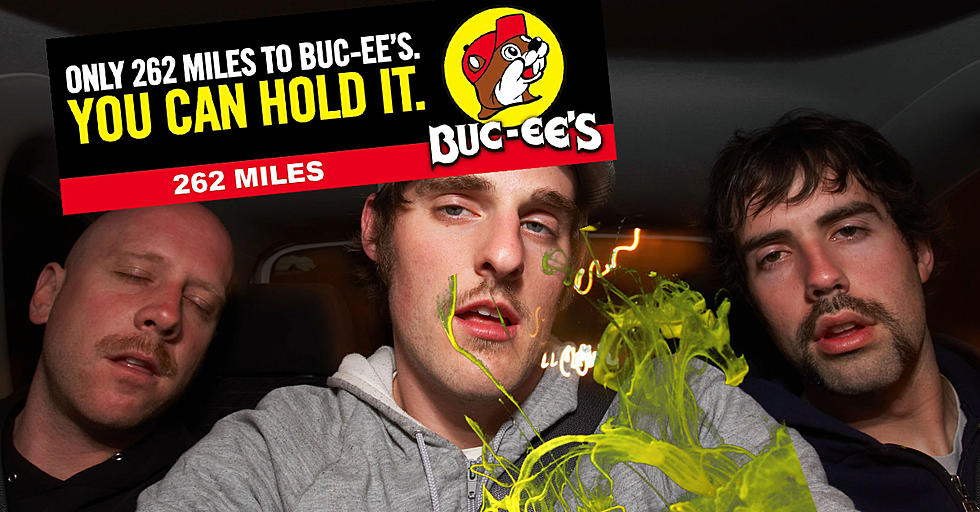
Can Your Dog Catch Monkeypox? You bet.
The dangers of the emerging monkeypox epidemic are growing as knowledge of this latest pandemic spreads far and wide, just like infections from this disease. Already, here in Texas, two cities, Austin and Dallas, have declared monkeypox emergencies as cases statewide are now around one thousand and the vaccine is in short supply.
As uncomfortable and sometimes disfiguring as this malady is for people, is there any reason to believe that it can spread to our pets?
A recent case from France has yielded an inconvenient truth. . According to an article published in the medical journal Lancet, ""To the best of our knowledge, the kinetics of symptom onset in both patients and, subsequently, in their dog suggest human-to-dog transmission of monkeypox virus,"

This case involved a four-year-old Italian greyhound who developed lesions and tested positive for monkeypox within twelve days after the dog's owners first showed symptoms. The owners were two male partners who live together but were not sexually exclusive. The dog routinely slept with them in bed.
The World Health Organization has already noted that animals such as rodents and primates can carry monkeypox in countries that have experienced epidemics of the virus.
This case of human-to-dog monkeypox transmission has attracted the attention of U.S. Centers For Disease Control. They now have issued new guidelines recommending that people with monkeypox should avoid close contact with animals. The CDC also recommends that any pet whose owners are suffering from the virus should be cared for by friends or family while their owner recovers.
For cat owners, it is unclear whether feline companions can acquire monkeypox. Just to be safe, it might be good for infected individuals to isolate from them as well, until more conclusive data can be gathered.
Whether human or animal, the suffering of monkeypox is a tragedy. Having to isolate from your pets during a time when you need comfort the most, must truly be sad for those suffering. It is important for humans and pets alike to avoid situations where you might be inclined to come into contact with this virus.




